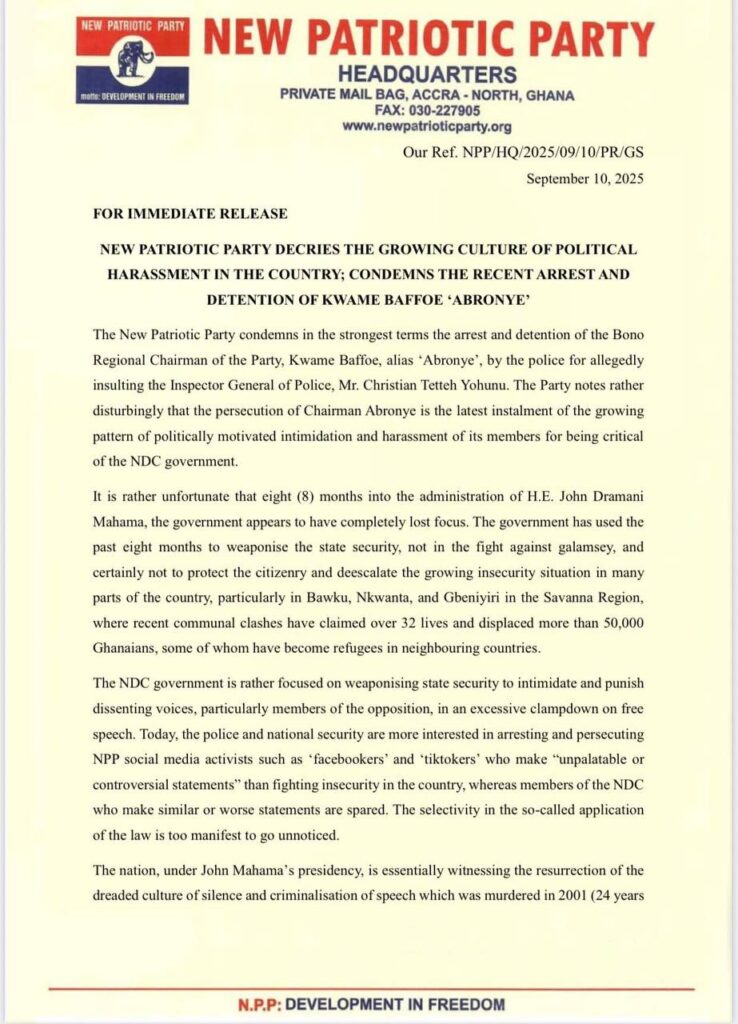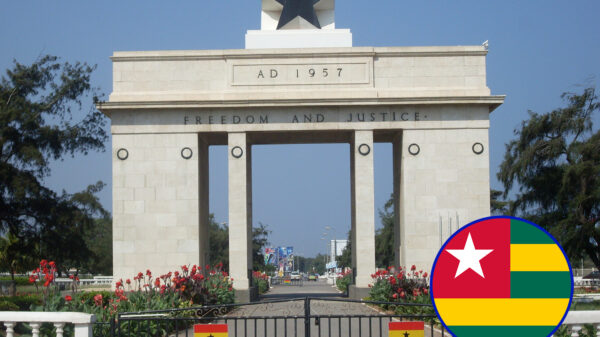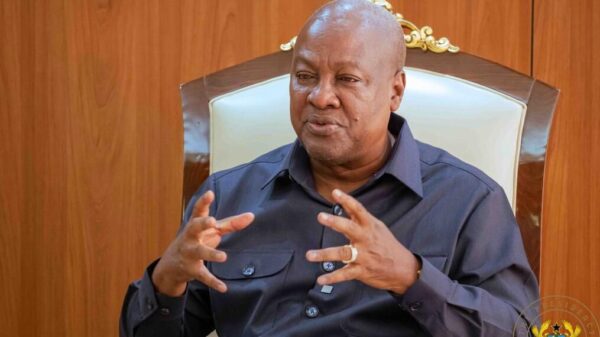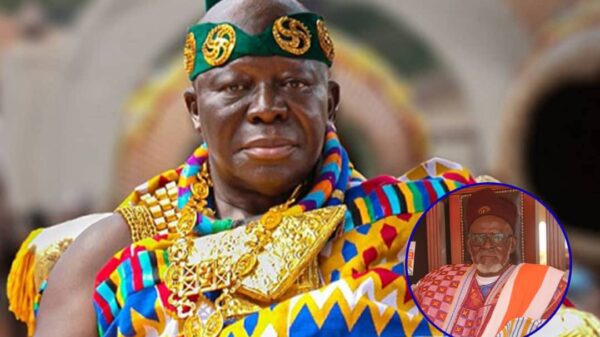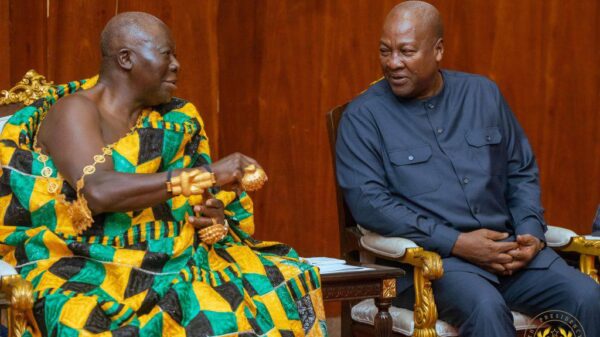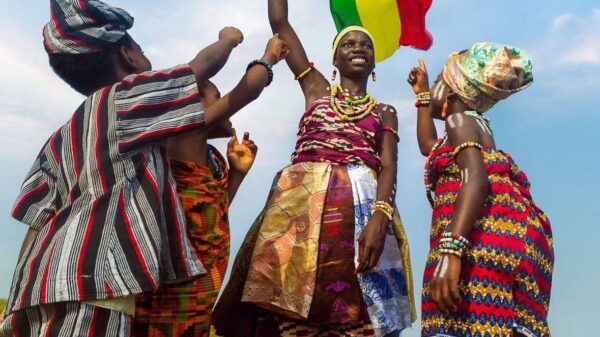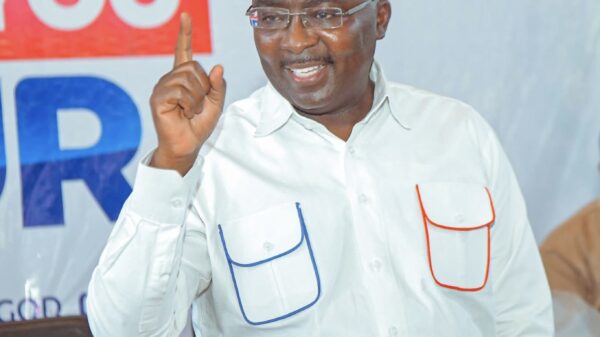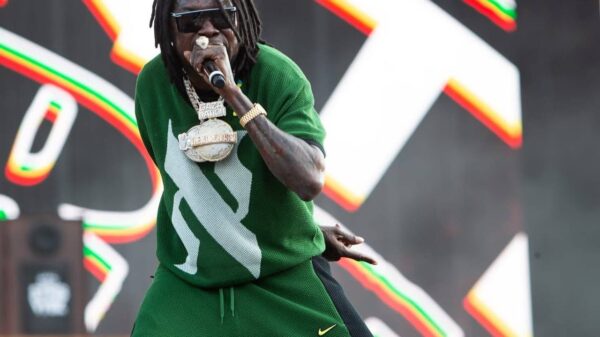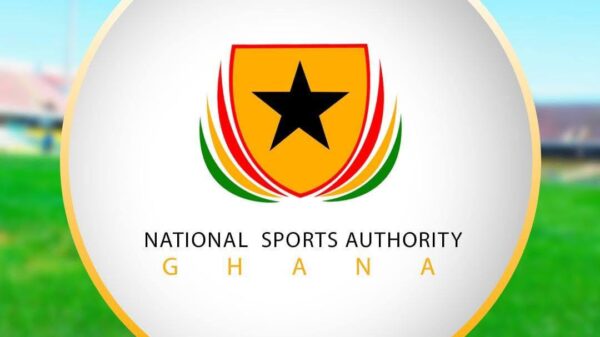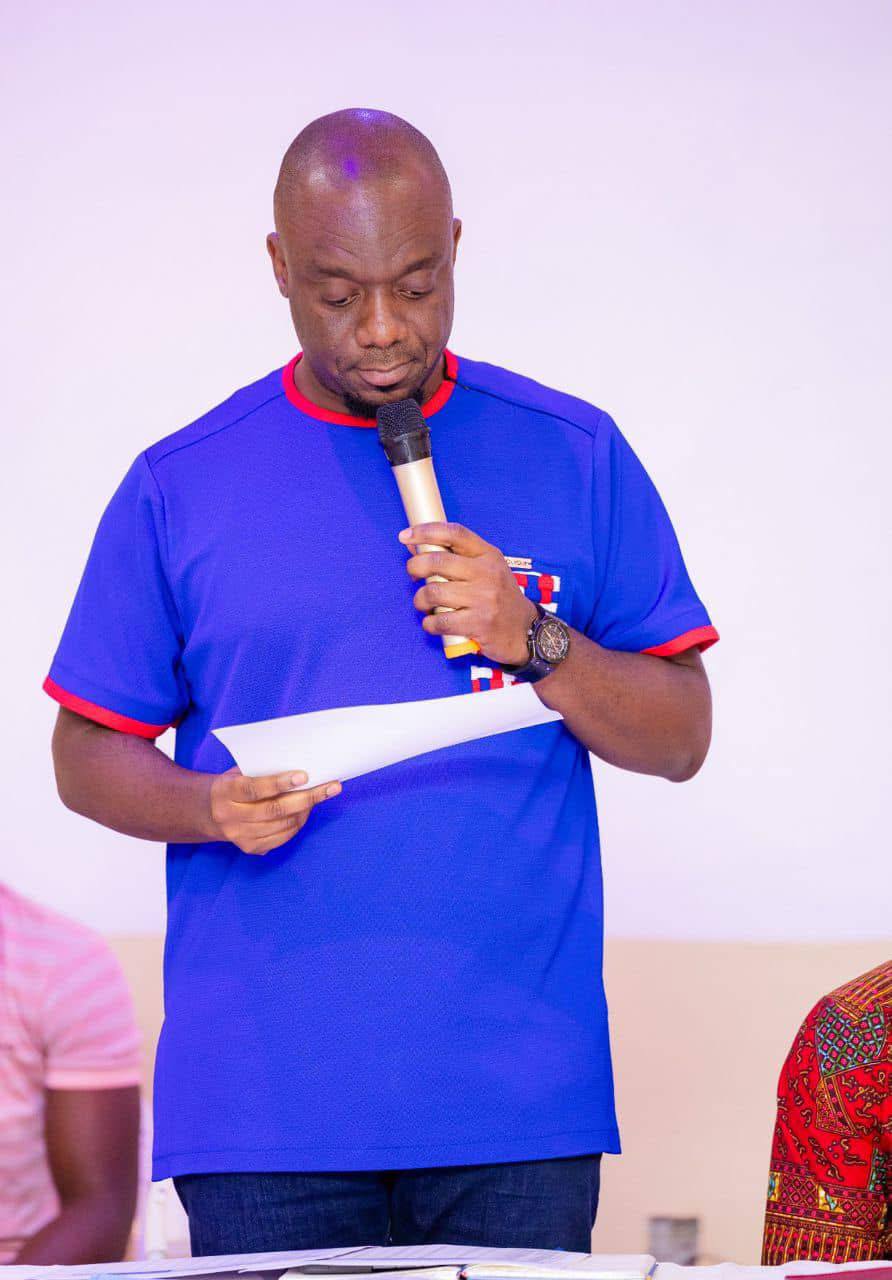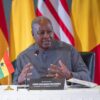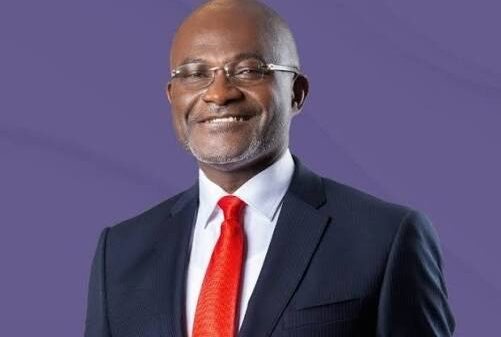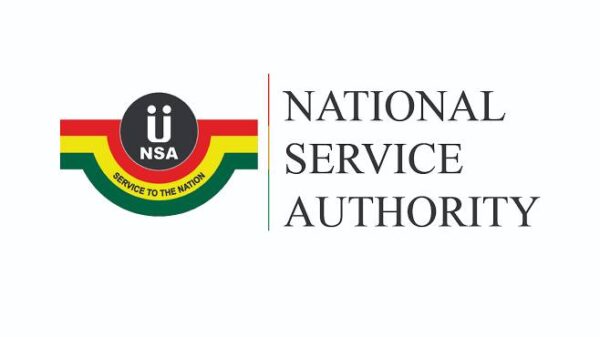The New Patriotic Party (NPP) has strongly condemned what it describes as the deliberate weaponisation of state security by the National Democratic Congress (NDC) government under President John Dramani Mahama.
In a press release signed by the party’s General Secretary, Justin Kodua Frimpong, the NPP expressed outrage over the recent arrest and detention of its Bono Regional Chairman, Kwame Baffoe, popularly known as Abronye, for allegedly insulting the Inspector General of Police (IGP), COP Christian Tetteh Yohunu.
According to the statement, the arrest is not an isolated case but “the latest instalment of the growing pattern of politically motivated intimidation and harassment of NPP members for being critical of the NDC government.”
The party lamented that, eight months into President Mahama’s administration, the government has “completely lost focus” and is deploying security forces not to address urgent national security issues, but to silence dissent.
“The government has used the past eight months to weaponise the state security, not in the fight against galamsey, and certainly not to protect the citizenry and deescalate the growing insecurity situation in many parts of the country, particularly in Bawku, Nkwanta, and Gbeniyiri,” the statement said.
The NPP cited the recent communal clashes in the Savannah Region, which claimed over 32 lives and displaced more than 50,000 people, as an example of the government’s failure to prioritise national security.
Instead, the party accused the police and national security of focusing their energy on arresting and prosecuting NPP activists on social media platforms such as Facebook and TikTok for “unpalatable or controversial statements,” while NDC supporters who make similar or worse remarks are spared.
“This selectivity in the so-called application of the law is too manifest to go unnoticed,” the release stressed, warning that Ghana is witnessing a dangerous return to “the dreaded culture of silence” that was abolished with the repeal of the Criminal and Seditious Libel Law in 2001.
While reaffirming that the NPP does not condone vulgar or incendiary language in public discourse, the party reminded the IGP that remedies for defamation exist in civil law, not criminal prosecution.
“The law, they say, is the law, and we expect the IGP to know better. You don’t weaponise and abuse your office to settle personal scores with the very people you are supposed to protect,” the statement cautioned.
The party further accused the government of extending its alleged intimidation tactics to the judiciary, citing the recent removal of the Chief Justice, which it described as “unlawful” and based on “flimsy grounds.”
“This growing climate of state-sponsored intimidation and harassment, as well as the criminalisation of speech, represents a debilitating assault on Ghana’s democracy and our commitment to the rule of law,” Mr. Kodua Frimpong noted.
The statement concluded with a call to action, urging Ghanaians to resist what the NPP called a “growing tyranny.”
“We call on all peace-loving Ghanaians and defenders of democracy to join us in fighting this assault as we prepare to roll out a series of actions to salvage our country,” the General Secretary declared.
